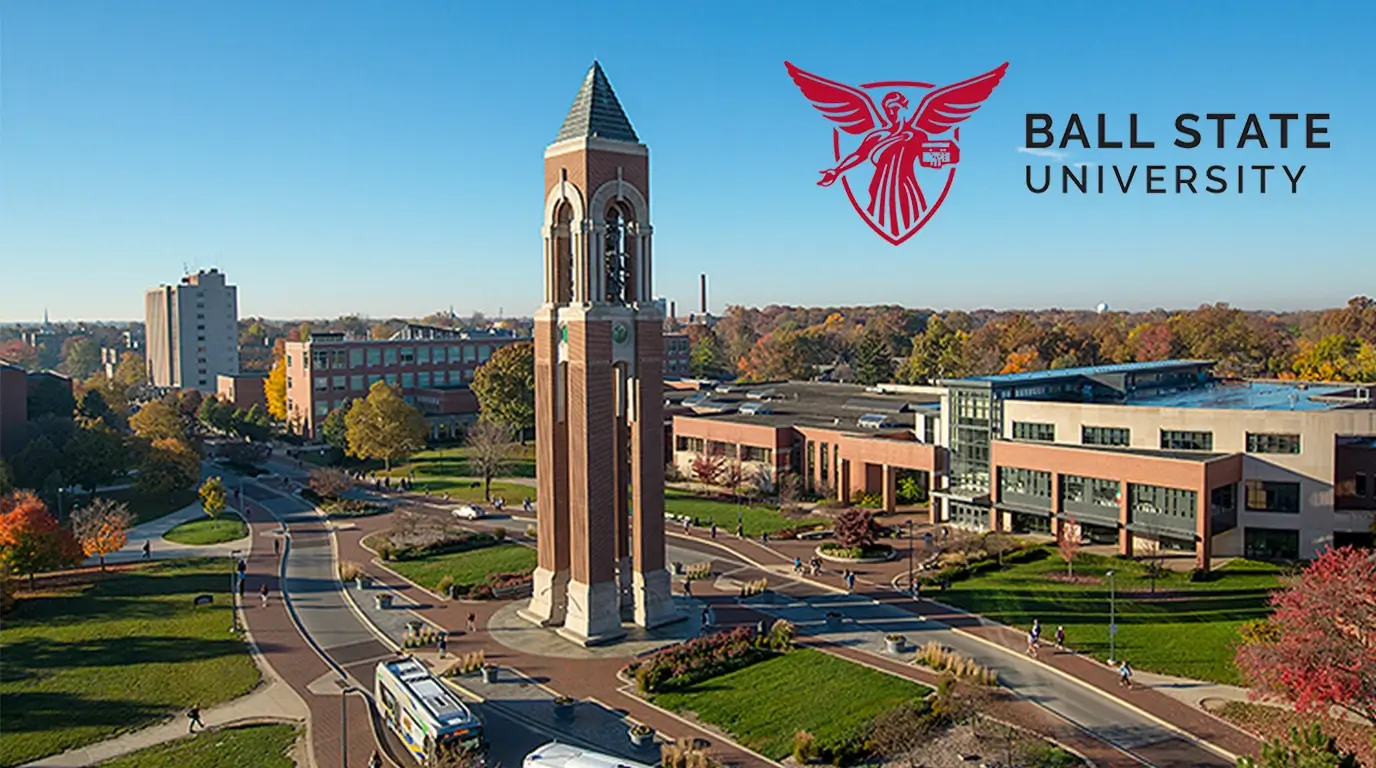Becoming a Paralegal in Utah – Your State-Specific Guide
Hey there—did you know Utah’s paralegal jobs are expected to grow by over 20% in the next decade? That’s what some projections from the state’s labor folks were pointing to a while back, and it’s a pretty strong signal that becoming a paralegal in Utah could be your fast track into the legal world without slogging through law school. I’ve been around this scene—writing about it, tweaking career sites, helping people like you find their footing—and I can tell you, paralegals are the heartbeat of Utah’s legal teams. So, what’s it take to get started in the Beehive State? That’s what this guide’s here for—Utah-specific, grounded, and real.
Introduction: Why a Paralegal Career in Utah?
Imagine you’re in a Salt Lake City law office, digging into case research, or maybe out in St. George drafting docs that keep a lawyer’s day on rails. That’s what a paralegal does every day. In Utah, paralegals keep the wheels turning—whether it’s in big firms, government offices, or even corporate legal departments tied to the state’s growing tech scene. Becoming a paralegal in Utah means stepping into a role that’s got legs, especially in a place where the legal landscape blends urban hustle with wide-open rural needs. This guide’s your roadmap, built just for Utah—no generic fluff, just the stuff you need.
Paralegal Definition and Regulation in Utah
Does Utah Legally Define “Paralegal”?
Utah doesn’t have a fancy legal definition for “paralegal” or “legal assistant” carved into its statutes. The Utah State Bar keeps it practical—they see a paralegal as someone with the training or experience to handle “substantive legal work” under an attorney’s watch. That’s stuff like researching Utah statutes, drafting pleadings, or keeping case files tight—tasks a lawyer would tackle if you weren’t there. It’s not law, just the working vibe around here.
Are There Any State Regulations for Paralegals in Utah?
Nope, no state regs to sweat over. Utah doesn’t require a license or certification to work as a paralegal—no official hoops to jump through. That said, the Utah Rules of Professional Conduct, Rule 5.3, lays out the deal: you’re under a lawyer’s supervision, and they’re responsible for keeping it ethical—confidentiality, client boundaries, all that. There’s no state-specific credential, but the setup’s loose enough to let you shine if you’ve got the skills.
Key Takeaway:
- Utah’s laid-back—no formal regs, just attorney oversight and ethical ground rules.
Education Requirements and Recommended Programs in Utah
Are There Specific Educational Requirements in Utah?
Legally, you don’t have to have a degree to be a paralegal in Utah—no state law says so. You could technically talk your way into a job with a high school diploma and some hustle if someone’s willing to train you. But let’s cut to the chase: most employers here aren’t buying that. An Associate’s in paralegal studies is the practical starting line, and a Bachelor’s or certificate can give you an edge. Firms in Salt Lake or Provo might perk up at ABA-approved programs, though it’s not a must-have everywhere.
Recommended Paralegal Education Programs in Utah
Utah’s got some solid options for legal assistant training in Utah. Here’s a few I’d point you toward:
- Salt Lake Community College (SLCC) – ABA-approved Associate of Applied Science in Paralegal Studies. They’ve got flexible schedules—day, night, online—and real-world prep like internships. Big in the metro area.
- Utah Valley University (UVU) – Orem’s got a Bachelor of Science in Legal Studies with a paralegal track. Not ABA-approved, but it’s got a strong rep locally and ties to the growing tech corridor.
- Weber State University – Ogden offers an Associate’s and a Bachelor’s in Legal Studies. Not ABA-approved either, but it’s practical—think legal research, writing, and ethics.
These are your go-tos—Utah’s not overloaded with choices, but these hit the mark.
Online Paralegal Programs for Utah Residents
Live out in the sticks or balancing a full plate? Online’s a lifesaver. SLCC’s got some virtual courses, and national programs like Brigham Young University’s online arm or Purdue Global can deliver paralegal education programs in Utah right to you. It’s perfect for folks in rural spots like Cedar City who can’t commute to Salt Lake.
Key Takeaways:
- No required education, but an Associate’s or certificate is your baseline.
- ABA-approved programs like SLCC’s give you a boost.
- Online options make paralegal training in Utah work wherever you’re at.
Paralegal Certification and Credentials in Utah
Is State-Specific Paralegal Certification Mandatory in Utah?
Nope, Utah doesn’t have its own certification, and it’s not required. You can start as a paralegal in Utah without any official badge—it’s all voluntary if you want to level up.
Nationally Recognized Certifications Relevant in Utah
Here’s what carries weight:
- NALA’s Certified Paralegal (CP) – From the National Association of Legal Assistants (NALA), this is the gold standard. Pass the exam, and you’re showing Utah employers you’ve got the goods—research, drafting, ethics.
- NFPA’s CORE Registered Paralegal (CRP) – Less common here, but the National Federation of Paralegal Associations’ credential still says you’re legit if you’ve got experience.
Benefits of Certification in Utah
Why go for it? In Utah, certification can bump your average paralegal salary by $5K-$10K a year, especially in Salt Lake City or along the Wasatch Front. It’s a trust signal—lawyers see that CP and know you’re not green. Plus, in a market with growing law firm jobs in Utah, it’s a way to climb higher.
Key Takeaways:
- No state certs required, but NALA’s CP or NFPA’s CRP can set you apart.
- Certification boosts your cred and cash in Utah’s legal circles.
Paralegal Associations in Utah
State-Level Paralegal Associations in Utah
Networking’s clutch, and Utah’s got a couple worth joining:
- Utah Paralegal Association (UPA) – Statewide, with events, CLE credits, and job leads. They’re tied to NALA and big on growth.
- Wasatch Legal Assistants (WLA) – Salt Lake-focused, offering meetups and resources for the metro crowd.
Benefits of Joining a Paralegal Association in Utah
These groups are your in—think workshops, job boards, and chats with folks who’ve been there. I’ve seen people snag law firm jobs in Utah just from a handshake at a UPA event. They also hook you into continuing legal education (CLE), keeping you sharp in a state that’s on the upswing.
Key Takeaway:
- Utah’s paralegal associations like UPA and WLA are your networking lifeline—get involved.
Job Market Outlook and Salary for Paralegals in Utah
Current Job Market for Paralegals in Utah
The job market for paralegals in Utah is humming. Salt Lake City’s the hotspot—firms like Kirton McConkie and Holland & Hart keep it busy, plus corporate gigs with tech players like Adobe. Provo’s got a mix with BYU ties, and St. George is picking up as it grows. There’s variety here if you’re ready to roll.
Average Paralegal Salary in Utah
What’s the paycheck like? The Bureau of Labor Statistics had Utah’s median at $57,830 in 2022 (dig into paralegal salaries here). Entry-level’s around $40K-$45K, but with experience or a niche—like real estate law—you could hit $70K-$75K in Salt Lake. Rural spots like Vernal pay less, no shocker there.
Job Growth Projections for Paralegals in Utah
Utah’s Department of Workforce Services pegged the paralegal career outlook at 20.4% growth through 2026—about 580 openings a year with replacements. That’s way above the national 4.2%, fueled by tech growth and legal demand along the Wasatch Front.
Key Takeaways:
- Utah’s job market is buzzing—Salt Lake, Provo, and beyond.
- Average paralegal salary in Utah ranges $40K-$75K, tied to experience and location.
- Growth’s hot—20% means plenty of room to jump in.
Key Takeaways: Steps to Becoming a Paralegal in Utah
Ready to make it happen? Here’s your plan:
- Research paralegal education programs in Utah—start with SLCC or UVU.
- Pick your path: Associate’s, Bachelor’s, or certificate if you’ve got a degree.
- Go for ABA-approved programs like SLCC’s if you can.
- Explore certs like NALA’s CP or NFPA’s CRP.
- Join Utah paralegal associations—UPA’s a no-brainer.
- Start hunting—target Utah’s legal hubs like Salt Lake or Provo.




